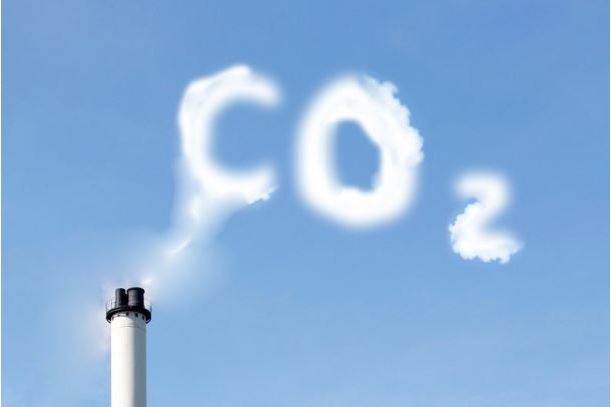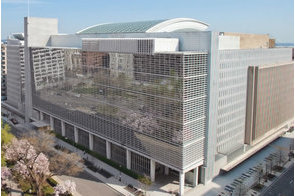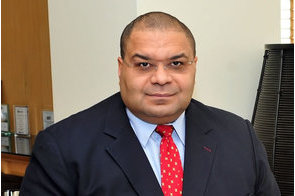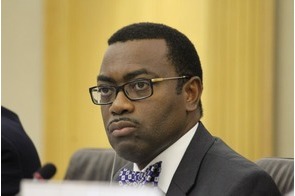Development banks agree on initiative to track climate finance

Summary
Knowing how the money is flowing is critical for reaching areas of opportunity and need.
Six large multilateral development banks (MDBs) and the International Development Finance Club (IDFC) – a network of national, regional and international development banks – have agreed on a common set of principles to track climate finance. The ability to track systematically the flows of finance that support climate adaptation makes an important contribution to helping societies deal more effectively with the negative effects of climate change.
The initiative is called, the Common Principles for Climate Change Adaptation Finance Tracking, and it builds on a similar agreement earlier this year to define and track mitigation finance, the funding aimed at combatting climate change.
By increasing transparency of climate finance flows, the agreement on the two common principles for tracking climate finance will help to build confidence that money is flowing to help deal with this major global challenge.
The multilateral banks include the African Development Bank (AfDB), the Asian Development Bank (ADB), the European Bank for Reconstruction and Development (EBRD), the European Investment Bank (EIB), the Inter-American Development Bank (IDB) and the World Bank Group.
Rachel Kyte, World Bank Group Vice President and Special Envoy for Climate Change, said: “This represents a significant milestone in global climate action. It brings development finance institutions together on how we track finance flowing to countries, as they adapt to the impacts of climate change. The agreement paves the way for greater transparency in financial flows and hopefully will help underpin greater commitment in Paris”
A statement by the IDFC said: “This worldwide cooperation between national and international financial institutions brings a unique value to address the development needs of vulnerable countries.”
Last month, the MDBs said that they had delivered US$5 billion in financing last year to help developing countries and emerging economies adapt to the challenges of climate change. Similarly, IDFC members reported in their last green finance mapping report a contribution of US$15.8 billion to adaptation projects in developing countries in 2013. Knowing how the money is flowing is critical for reaching areas of opportunity and need, because what gets measured gets managed.
Nonetheless, IDFC and MDBs agree that increased support for more climate resilient infrastructure, natural ecosystem and other adaptation measures is urgently needed.
According to the newly agreed common principles document, “the MDBs and IDFC are fully committed to promoting and supporting climate resilient development as an essential element of the sustainability of their investments.” They plan to do this, the document says, “by integrating climate resilience and adaption into their investments, operations and initiatives.”
Related
-
World Bank and AfDB collaborating on sovereign risk tool
The sovereign exposure exchange agreement is a risk management tool collaboratively developed by the major MDBs.
-
AFC launches think-tank to promote project development across Africa
The AFC said African Project Developers Initiative is a platform for fostering continuous dialogue amongst members.
-
AfDB to invest $12.5 million in women-owned SMEs through Alitheia Capital
The AfDB promotes women's access to risk capital and enhances the capacity of women fund managers in Africa.







